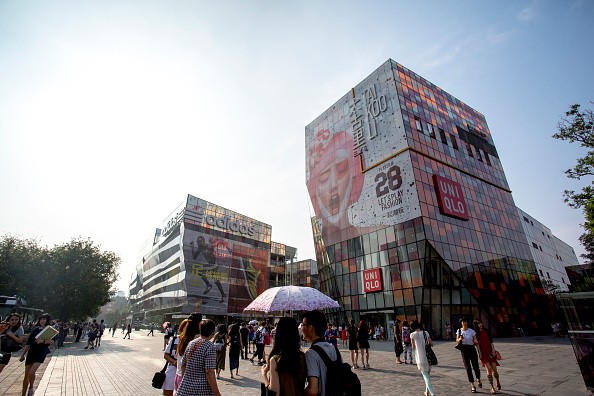Home to approximately 1.4 billion consumers, China is riding a wave of increased household spending despite an economic slowdown.
According to a report by Bloomberg, companies such as Kweichow Moutai Co., and Danone SA are re-strategizing their approach, positioning their products as more healthier, high-quality, and premium than common brands.
“Chinese consumers are purchasing based on how products make them feel,” says Vishal Bali, Managing Director of Nielsen China, a consultancy company. “As affluence increases, consumers are demanding products that provide them a premium experience.”
Wealthy Chinese mainland households typically earn around 136,00 yuan ($19,800) annually, according to Gavekal Dragonomics. With over 11 million households becoming richer each year, analysts and observers are tracking their consumption habits.
Yogurt, Bottled Water, and Premium Alcohol Inching Toward a Lead
According to the report, consumers are frequenting yogurt over milk, bottled water over soft drinks, and expensive alcohol brands over Baiju.
Health-conscious Chinese are increasing their consumption of products touted as having the capacity to improve health and well-being. Between 2013 and 2016, yogurt-based products incurred an increase in sales of over $40 billion yuan.
In addition, as affluent drinkers increase in number, more and more consumers are preferring imported and premium labels, with a sales surge of 340 percent in the past four years.
SUVs Soon to Top Sedans, High-end Air-conditioning Breeze Through
Rising incomes, cheap oil, and easing of government policy are paving way for a 22 percent increase in sales of SUVs and minivans this year, the report further states. This is despite the bigger price tag on SUVs, compared to sedans.
In Chinese mainland homes, many urban families are purchasing more air-conditioning units. This year observers are expecting over 11 billion yuan in sales of high-end air-conditioning units. The trend has also been a major factor big business deals such as Haier Group’s $5.4 billion acquisition of General Electric Co.’s appliance unit in 2016.




























